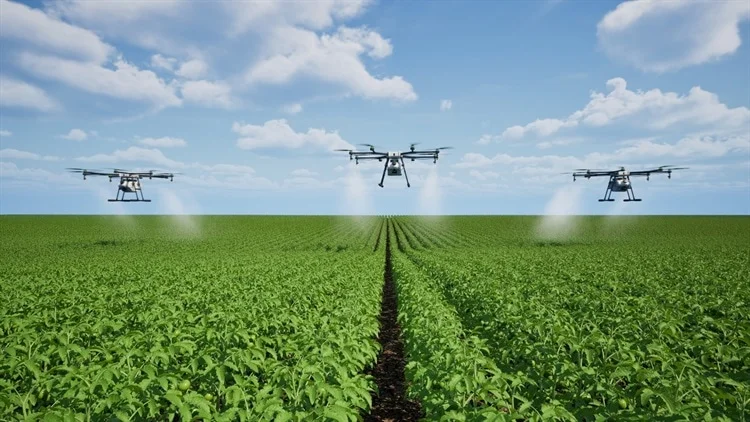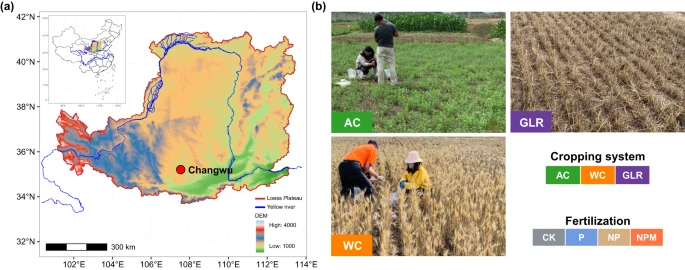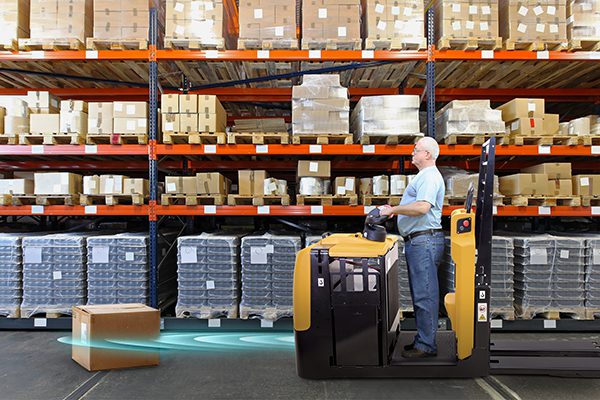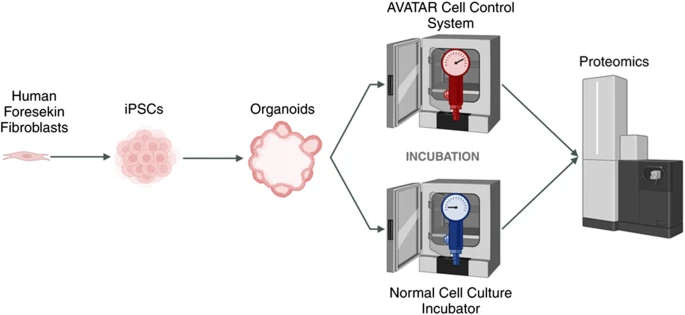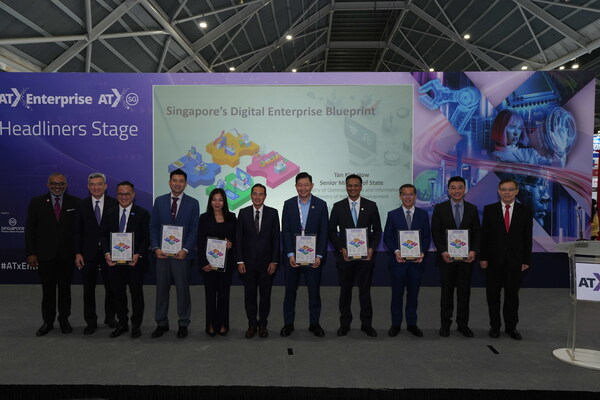Traditional agriculture, crucial for global food security, faces challenges such as inefficient supply chains, low productivity, land degradation, declining soil fertility, heavy reliance on inorganic fertilizers, water resources, and emerging pest resistance.
These issues threaten the sector’s long-term viability and contribute to unsustainable practices. Moreover, traditional agriculture struggles to meet the demands of a growing global population, leading to rural decline, population reduction, and an aging agricultural workforce.
To address these challenges, smart agriculture emerges as a promising solution, prioritizing optimizing production processes, adopting environmentally friendly practices, and enhancing ecological sustainability. It leverages advanced technologies such as AI, robotics, the Internet of Things (IoT), data management systems, and intelligent decision-making algorithms.
The goal is to develop systems capable of monitoring, analyzing, and controlling various aspects of agricultural production, including soil health, water usage, crop management, pest and disease control, weather patterns, and market conditions.
